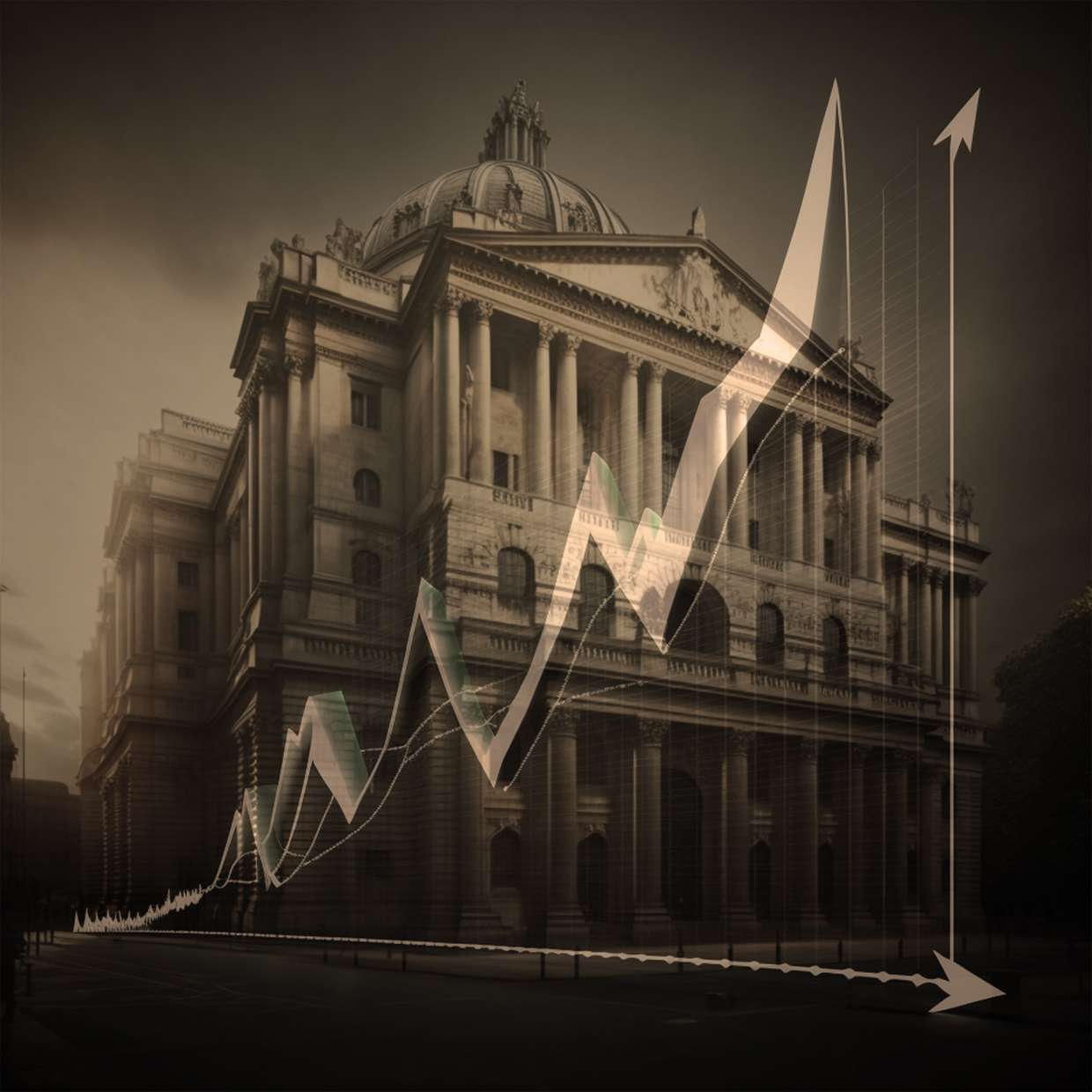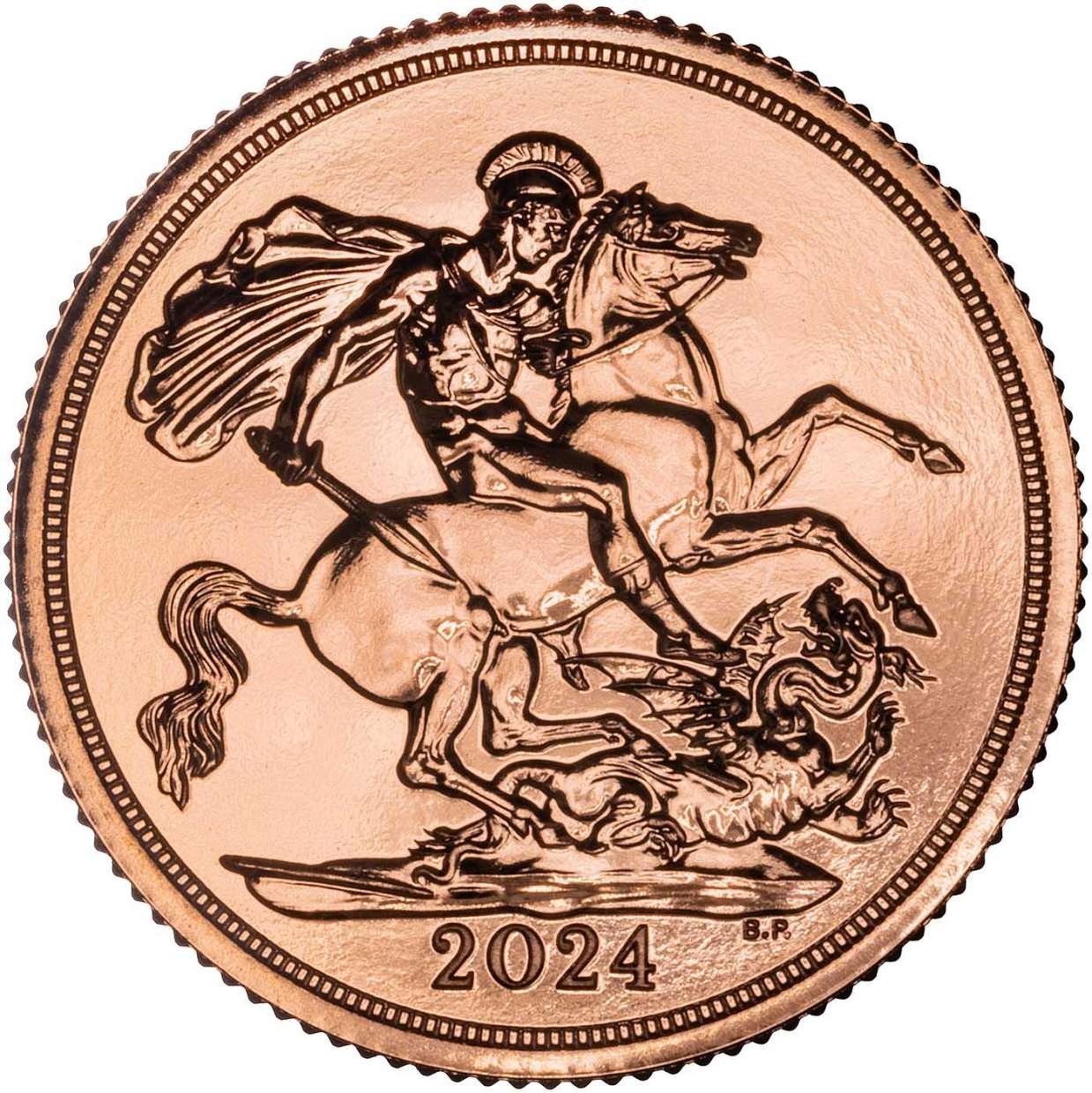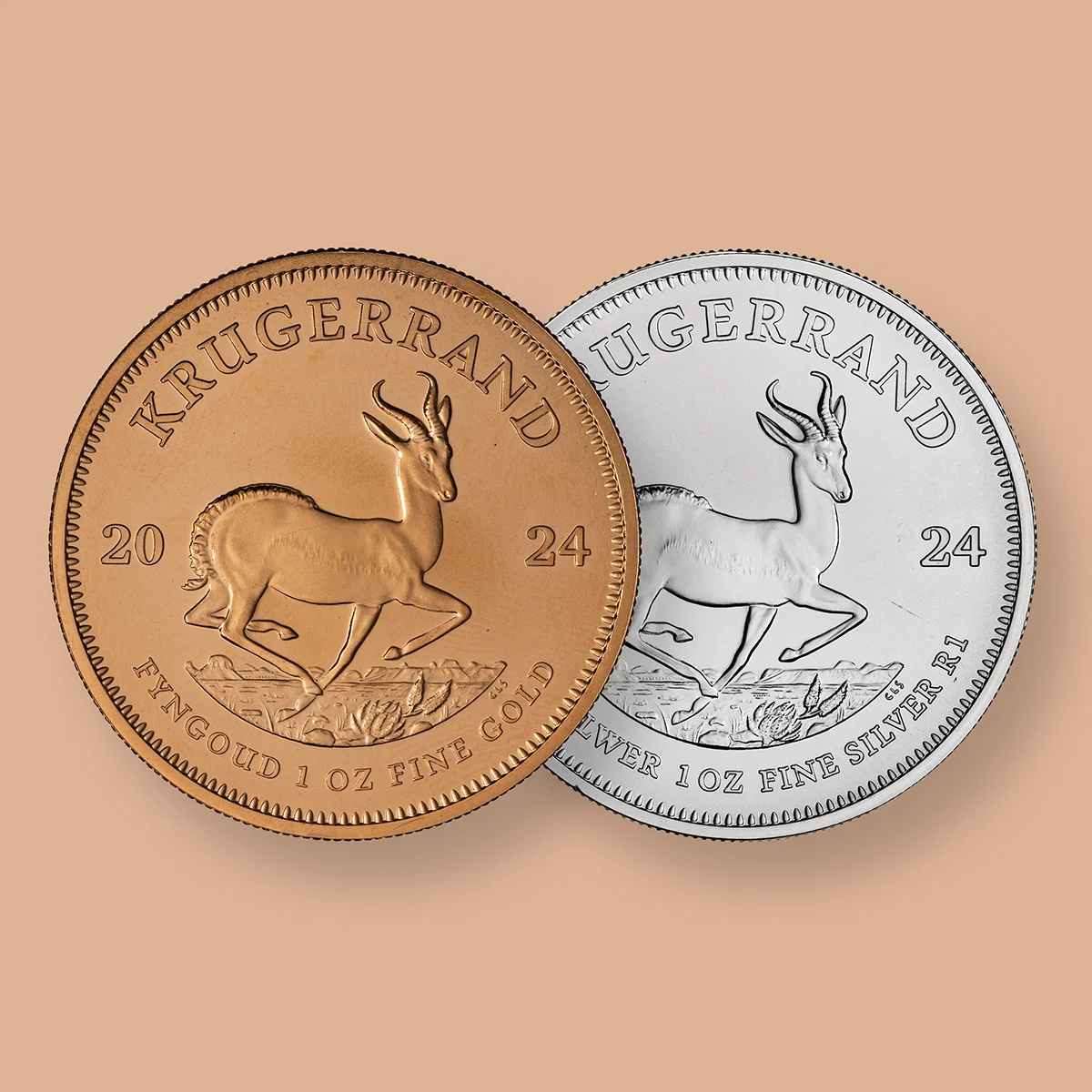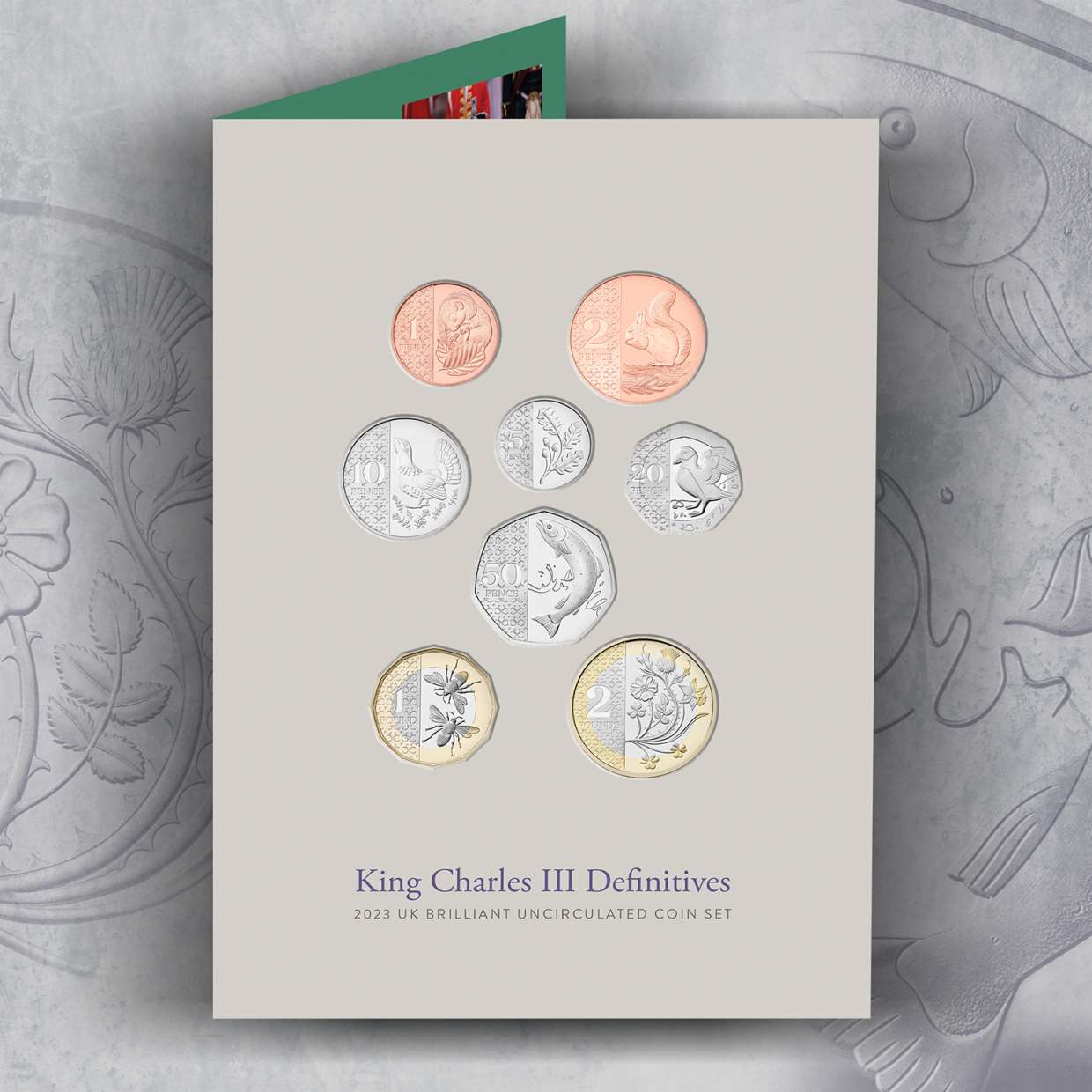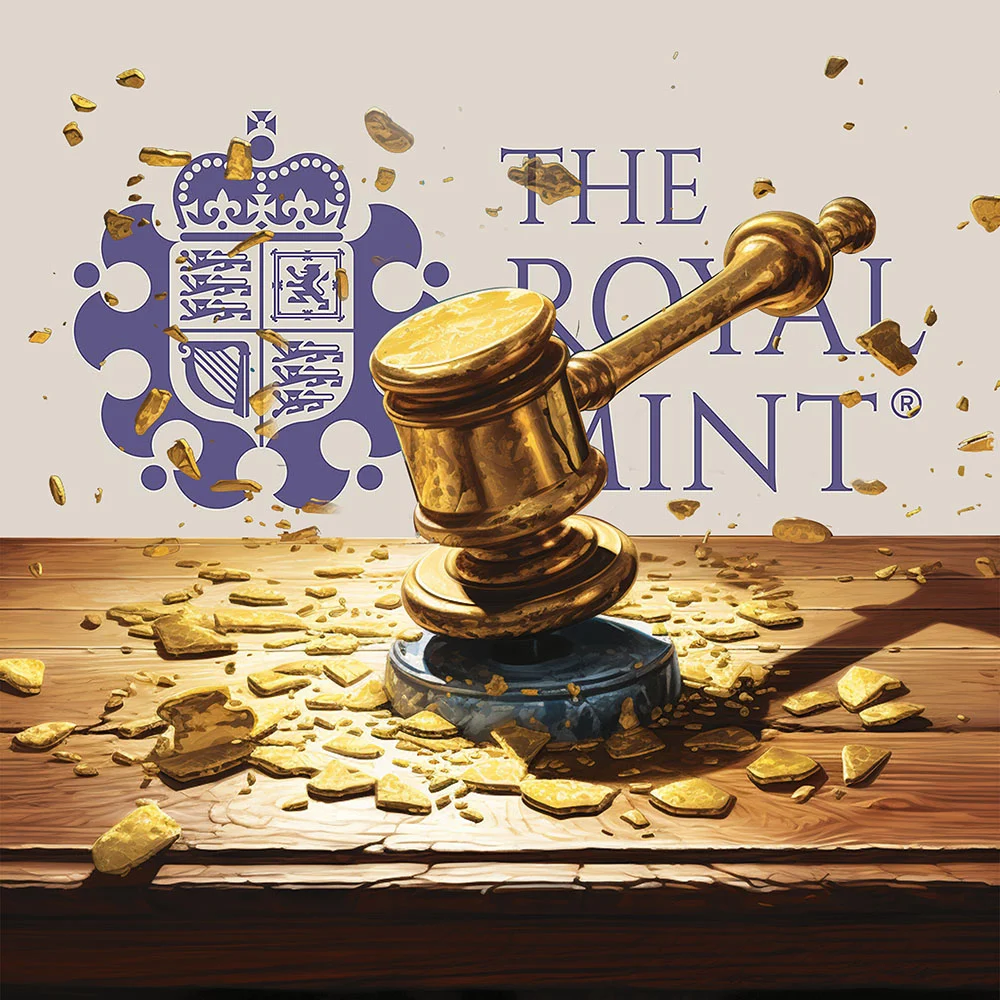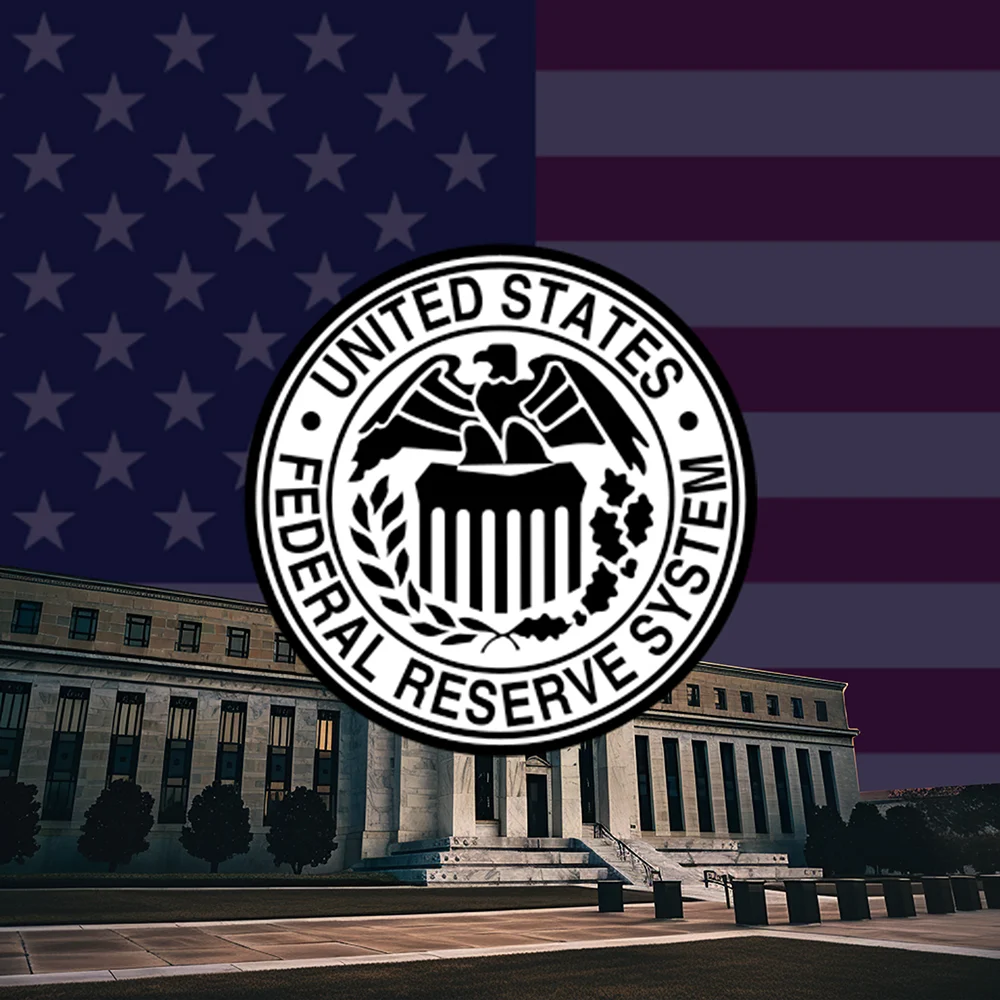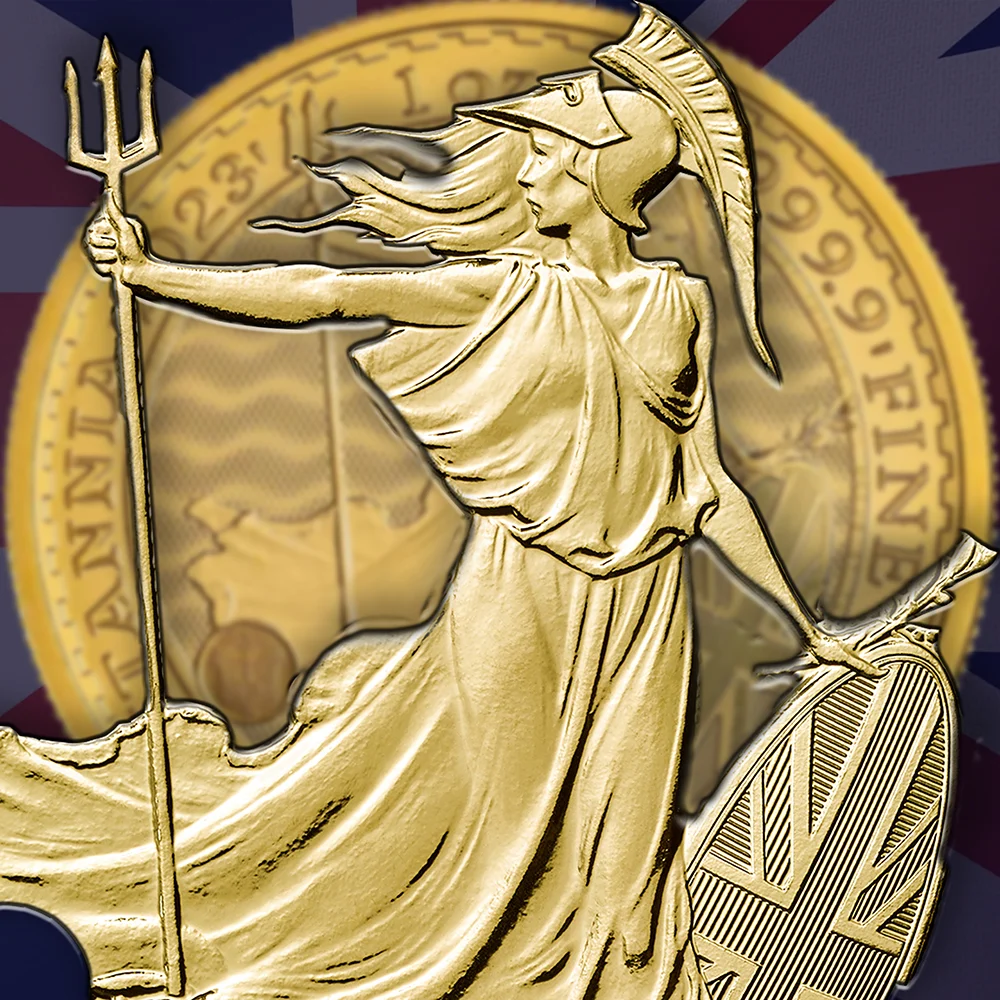Government Backed NFT Gets Rejected by UK Treasury
Synopsis
The UK Treasury has canceled plans for a government-backed NFT, raising concerns about its plans for a digital currency. NFTs have raised skepticism due to uncertainties and risks associated with investing in them. The decision may suggest the UK government's focus is on regulating rather than investing in the industry. Discussions are necessary to determine NFTs' role in the UK's digital economy.

The Cancellation of the UK Government-Backed NFT
In recent years, non-fungible tokens (NFTs) have become increasingly popular in the world of cryptocurrency. UK Prime Minister Rishi Sunak proposed a plan for a government-backed NFT in April 2022, as part of a wider bid to make the UK a hub for digital payment companies. The Royal Mint, the UK's official mint, was tasked with releasing the token by the summer of 2022. However, the plan faced delays, and on Monday, the UK's economic secretary Andrew Griffith announced that the plans were not moving forward "at this time," but the proposal would remain under review.
What Does It Means for the UK’s Digital Economy?
The decision to cancel plans for a government-backed NFT in the UK has caused a stir in the cryptocurrency world, raising doubts about the Treasury's plans to create a digital currency for the UK. NFTs are exceptional digital data units that use the blockchain technology underlying cryptocurrencies like Bitcoin. The blockchain ledger is maintained by thousands of computers around the world, ensuring that records cannot be forged.
Are NFTs Worth the Hype?
Skeptics have raised concerns about the potential risks and uncertainties of investing in NFTs, particularly in light of the inflated market for them. While NFTs have become increasingly popular in recent years, particularly in the art and music industries, there is a fear that they may be a bubble waiting to burst. Some argue that the market for NFTs is inflated and that the tokens are not worth the high prices they are being sold for. Others have pointed out the environmental impact of NFTs, as the energy consumption required to maintain the blockchain ledger can be significant.
The UK Treasury's Plans for Cryptocurrency
The UK Treasury has been working on plans to regulate some cryptocurrencies, and the proposed government-backed NFT was part of a wider plan to make the UK a hub for digital payment companies. The decision to cancel the plans for the NFT may have implications for the Treasury's plans to create a digital currency for the UK. Sir Jon Cunliffe, deputy governor for financial stability at the Bank of England, has previously stated that it is more likely than not that the UK will require its own digital currency.
According to Cunliffe, the primary objective of a digital currency is to offer digital cash - an electronic counterpart to Bank of England notes - for general payment uses. Nonetheless, he conceded that the Bank of England lacked the expertise to initiate the currency independently.
Role of the UK Government
The decision to cancel plans for a government-backed NFT in the UK may suggest that the UK government is more concerned with regulating the industry than investing in it. As the UK works to become a hub for digital payment companies, the role of NFTs and other cryptocurrencies in the UK's digital economy remains uncertain.
It is clear that further discussions and deliberations are necessary to determine the UK's stance on NFTs and their role in the country's digital economy. While the blockchain technology used in NFTs ensures that each token is unique and cannot be duplicated or exchanged, making them attractive to investors and collectors, the environmental impact of NFTs and the inflated market for them have also been points of concern.
What Is the Future of the UK’s Digital Currency
In conclusion, the cancellation of plans for a government-backed NFT in the UK has raised questions about the role of NFTs and other cryptocurrencies in the country's digital economy. As the UK works to become a hub for digital payment companies, the future of NFTs and their place in the UK's digital economy remains uncertain. It is vital that further discussions and deliberations are necessary to determine the UK's stance on NFTs and their role in the country's digital economy.
Related Articles
This guide and its content is copyright of Chard (1964) Ltd - © Chard (1964) Ltd 2024. All rights reserved. Any redistribution or reproduction of part or all of the contents in any form is prohibited.
We are not financial advisers and we would always recommend that you consult with one prior to making any investment decision.
You can read more about copyright or our advice disclaimer on these links.


